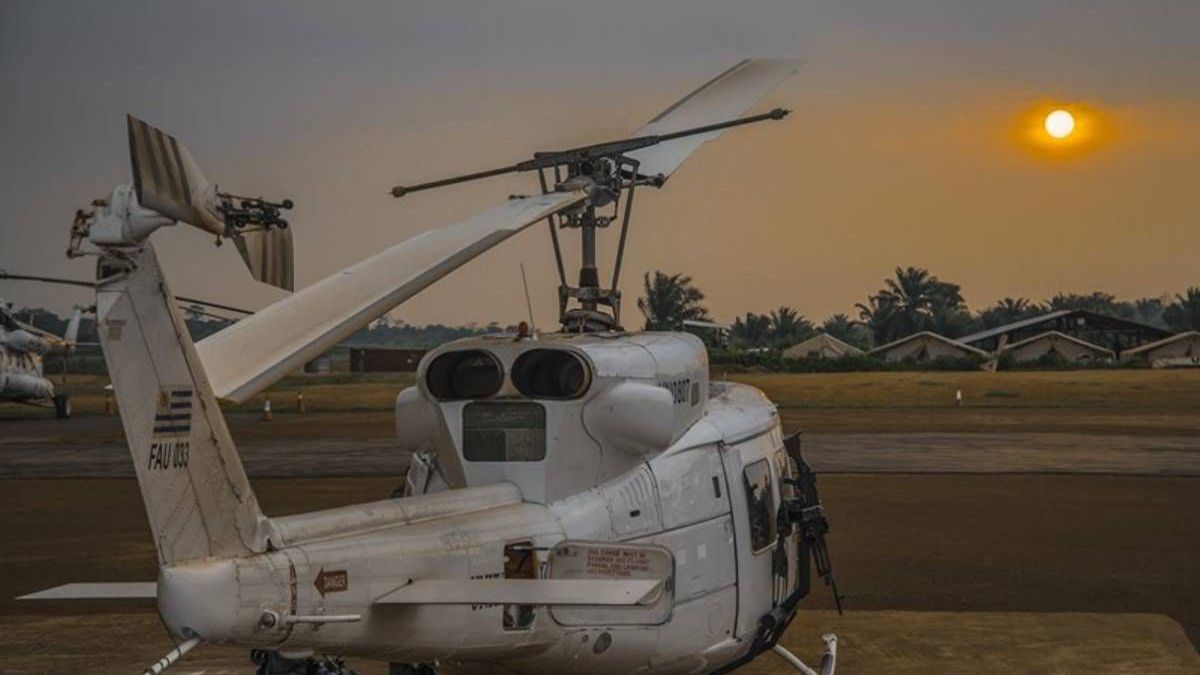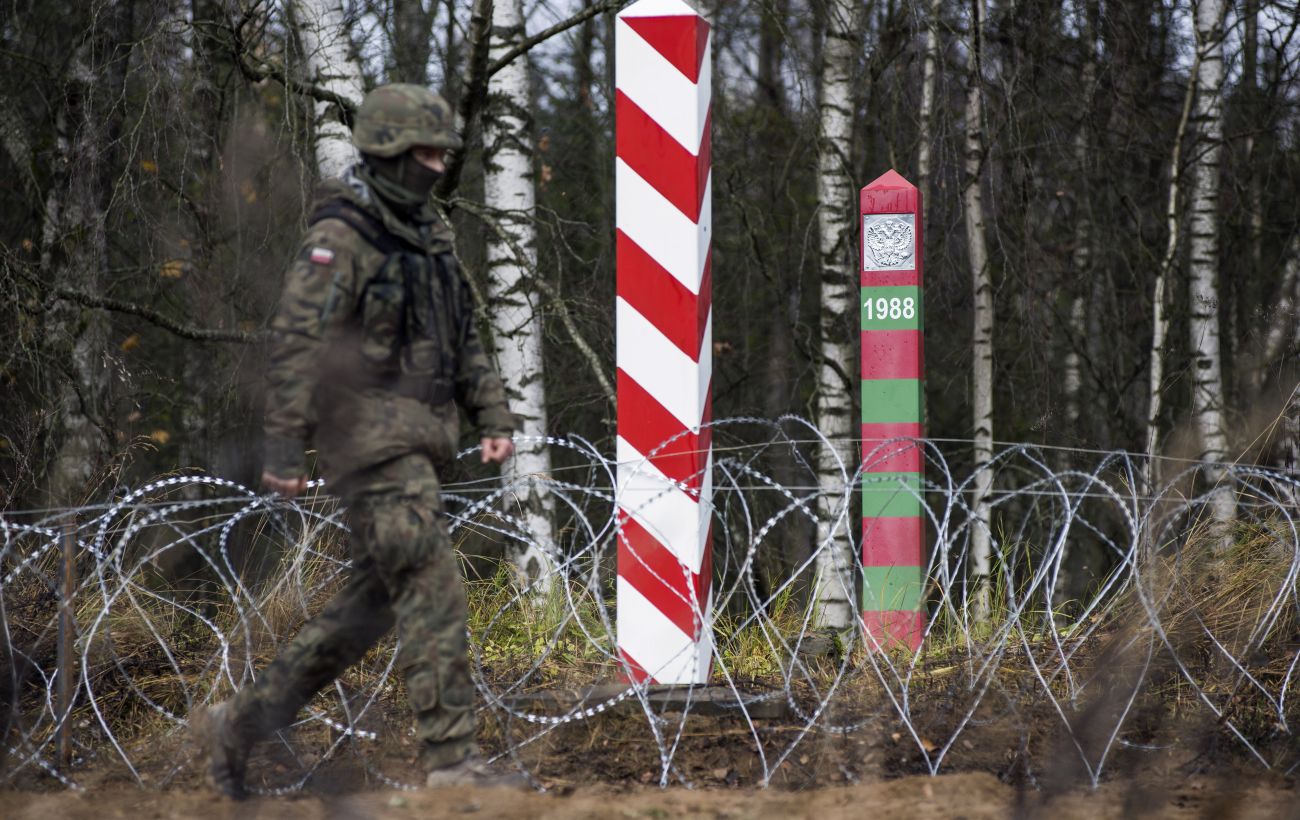Devastating Floods Sweep Across Southern Brazil
Brazil's southern states are confronting harrowing floods, with dozens dead and thousands displaced. The calamity has prompted vigorous emergency response efforts both domestically and internationally.
Published May 08, 2024 - 00:05am

Image recovered from ambito.com
Urgent Rescue Efforts Amidst Brazil's Catastrophic Floods
Tragedy strikes southern Brazil as relentless rains induce widespread flooding and landslides, inciting a dire humanitarian crisis. The state of Rio Grande do Sul, notably its majestic capital, Porto Alegre, faces the brunt of this natural disaster. The misery index escalates with a death toll surpassing 90 lives and tens of thousands uprooted from their dwellings, leaving a landscape of desolation.
Rescue operations are in full swing as Brazilian authorities and international allies rally to aid the embattled region. Uruguay's Air Force has gallantly dispatched helicopters to Brazil's aid, showcasing strong regional solidarity. Crews are tirelessly working from the skies and on flooded streets to extract victims from rooftops and inundated homes, often the only refuge left.
Victims recount harrowing experiences of survival and loss, emphasizing the need for basic essentials such as food and shelter. The catastrophe is a jarring testament to how extreme weather events can swiftly upend lives, necessitating urgent adaptation and response strategies.
As scientists cite a potent mix of El Niño and other climatic factors exacerbating such events, these record-breaking floods highlight growing concerns over climate change's impact in South America. The region is confronting the tangible implications of our warming planet, evidenced through disrupted lives, compromised infrastructure, and an overwhelmed disaster response system.
Implications for Brazil's Future
This unprecedented calamity raises alarms about preparedness for such extreme events. With reports of electricity outages affecting millions and crucial infrastructure like the local water supply and health facilities taking a hit, the foundations of society's resilience to natural disasters are in question.
Brazil's President, Luiz Inácio Lula da Silva, has pledged to provide federal assistance, recognizing the severity of these floods — a crisis paralleled only by the most severe weather events in the nation's recorded history. Economists predict a tangible dent in Brazil's GDP growth due to the widespread effects on agriculture, energy production, and land infrastructure, with recovery efforts likened to historical reconstruction plans of grand scale.
The unfolding situation in Brazil is a stark reminder that the forces of nature respect no boundary, and cooperation in disaster response and climate change mitigation remains paramount for safeguarding our collective future.
The catastrophic floods in southern Brazil continue to pose unprecedented challenges as communities and authorities grapple with the devastation. In a desperate bid to curtail the swelling death toll and provide immediate relief to those affected, President Luiz Inácio Lula da Silva has called for a strengthening of the nation's civil defense capabilities. The government's action plan emphasizes swift emergency response and rehabilitation of the battered areas, with a particular focus on restructuring the public health system to cope with potential outbreaks of waterborne diseases that often follow such disasters.
The scale of damage has also sparked conversations around urban planning and sustainable development. Critics argue that deforestation and poor zoning laws have exacerbated the damage, while unchecked urban sprawl into flood-prone areas has heightened the vulnerability of communities. As temporary shelters swell with displaced families, an urgent reassessment of land use and housing policies is integral to Brazil's long-term recovery and future disaster prevention strategies.
International aid organizations have come forward to provide technical support and humanitarian relief, channeling resources into the most affected areas. Partnerships are being formed between local NGOs and global entities to ensure an effective distribution of aid and to lay down the groundwork for resilient reconstruction efforts. Yet, the scope of the calamity has stretched local resources thin, and international donors are urged to step up contributions to assist in the mammoth task facing the nation.
Amidst the tragedy, stories of community solidarity and individual heroics have emerged as beacons of hope. Fishermen in small boats volunteered to navigate treacherous waters to deliver supplies and evacuate residents, while local businesses have been contributing with provisions and financial support to community-led initiatives. These acts of valor and kindness underline the indomitable human spirit that prevails even during times of great adversity.
As the waters gradually recede, revealing the full extent of the material losses, the Brazilian government is aware that the road to recovery will demand significant investment, not only financially but also in terms of public trust. Long-term flood mitigation projects and updated hazard maps are now critical items on the nation's agenda. There is also a growing recognition of the need to incorporate climate change projections into infrastructure planning to prevent such disasters from occurring at a similar scale in the future.
For now, Brazil is mourning its losses while steadfastly looking to rebuild. This incident serves as a somber wake-up call, accentuating the pressing need for global action on climate change. As the world watches Brazil navigate through the aftermath of this tragedy, it highlights an incontrovertible truth - that solidarity in action and purpose is vital in the wake of natural disasters, which are becoming an increasingly regular part of our world's climate tapestry.






:format(jpeg)/cloudfront-us-east-1.images.arcpublishing.com/elespectador/E4FBVWFOZFFKJPADSHULE3OZ5U.jpg)
